The European Commission has adopted an ambitious and comprehensive package of measures to help improve investment in financing the transition to a sustainable economy.
These measures will be instrumental in reaching the EU's climate and environmental targets by enabling investors to re-orient investments toward more sustainable technologies.
Featured Resources

Due Diligence in the Copper Industry
The members of the International Copper Association (ICA) are invested in sustainable and responsible sourcing…
Table of Contents
Sustainable Finance
The European Commission has identified sustainable finance to be essential to delivering policy objectives under the European Green Deal and international climate change commitments under the Paris Agreement. Financial intermediaries, serving as enablers of the green transition, can act as channels for the allocation of capital to sustainable economic activities. Alongside two additional pieces of legislation (the Sustainable Finance Disclosure Regulation and the Corporate Sustainability Reporting Directive), the Taxonomy Regulation is gaining its momentum in the EU. The Taxonomy Regulation aims to set in place a voluntary classification system to determine whether economic activities qualify as environmentally sustainable. The selection is based on participation in "enabling" or "transition" activities that pertain to at least one of six environmental objectives:
- climate change mitigation
- climate change adaptation
- sustainable use
- protection of water and marine resources
- transition to a circular economy
- pollution prevention
- control, protection and restoration of biodiversity and ecosystems
The economic operator must substantially contribute to at least one objective while "Doing No Significant Harm” (DNSH) in the areas of the remaining objectives. The Platform on Sustainable Finance, which consists of international financial and industry experts, environmental authorities and EU institutions, is tasked with supporting the Commission in the technical preparation for implementation of EU taxonomy. The nonferrous metals industry, including the copper sector, is represented by Eurometaux.
Sustainable Corporate Governance
There is an increasing awareness in Europe and worldwide of Environmental, Social and Governance (ESG) risks from industry. Consideration of ESG performance and risks is also growing in importance on the financial markets. The Sustainable Corporate Governance Initiative aims to improve the EU regulatory framework on company law and corporate governance. It will enable companies to focus on long-term, sustainable value creation and better manage sustainability-related matters in their own operations and value chains in regard to human rights and the environment.
The copper industry has invested in voluntary programs to demonstrate responsible production at company sites and within supply chains. Initiated by the International Copper Association, the Copper Mark is a credible assurance framework that independently verifies the performance of copper miners and refiners against responsible production criteria. Launched in 2019, the Copper Mark includes copper mining, smelting and refining sites that participate in the Copper Mark Assurance Process. Copper Mark sites include two of the world’s largest copper mines and cover more than 10 percent of the world’s annual copper production.
Policymakers must be cognisant of preventing differing requirements for due diligence across regions and products to avoid duplicative audits and delay of implementation. ECI advocates for the promotion of the Joint Due Diligence Standard for any regulation regarding due diligence and copper. In addition, ECI supports the position that a company should not be held legally responsible for a supplier's negative ESG impacts, but it may be held accountable for conducting due diligence for its own operations and supply chains.
Authored By

Anna-Maria Karjalainen
Director
Clean Energy Transition

Symeon Christofyllidis
Regulatory Affairs Specialist
Material Stewardship


